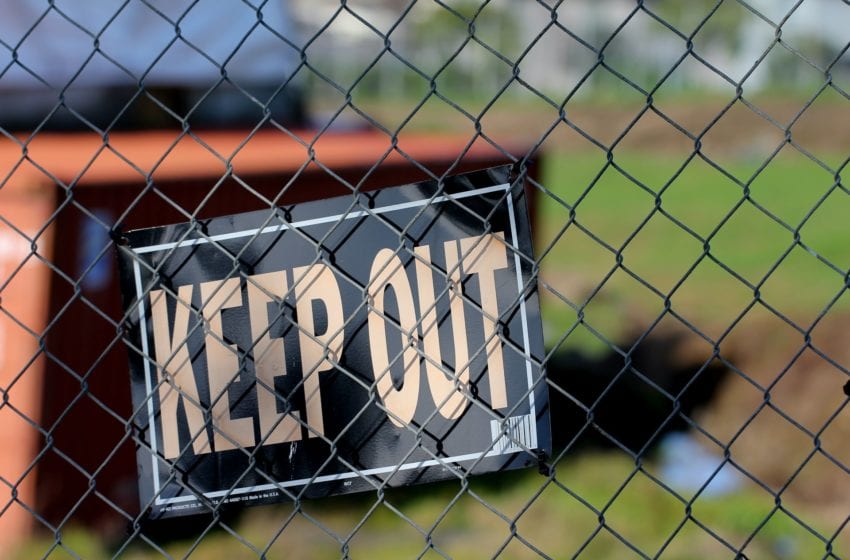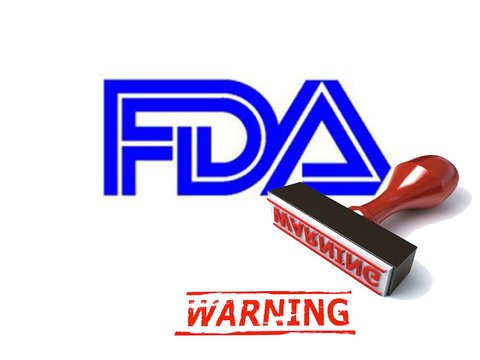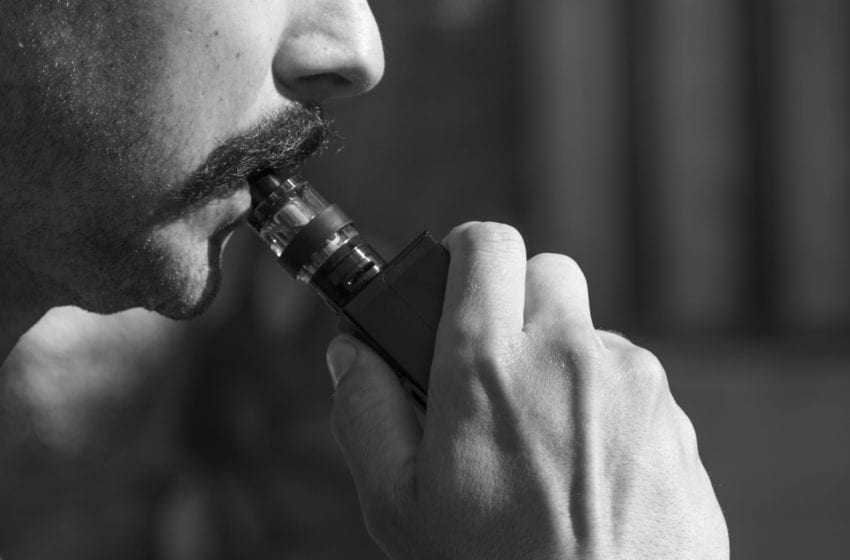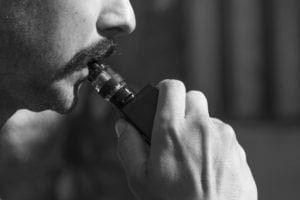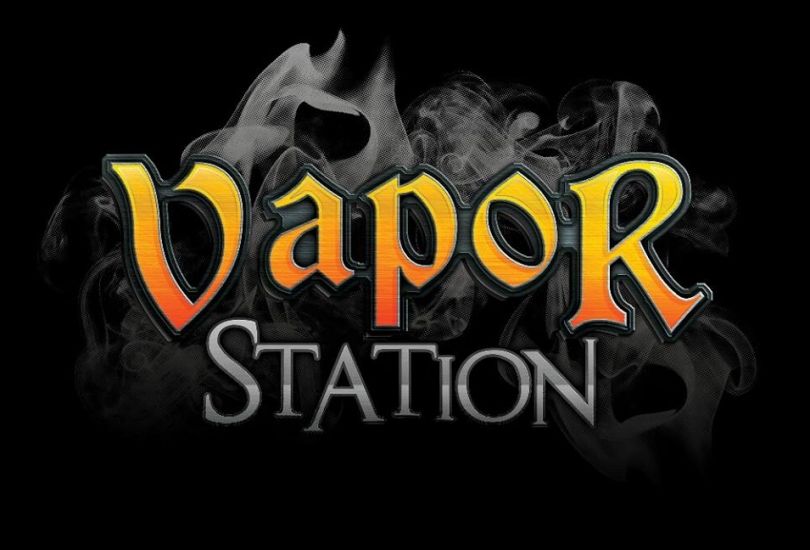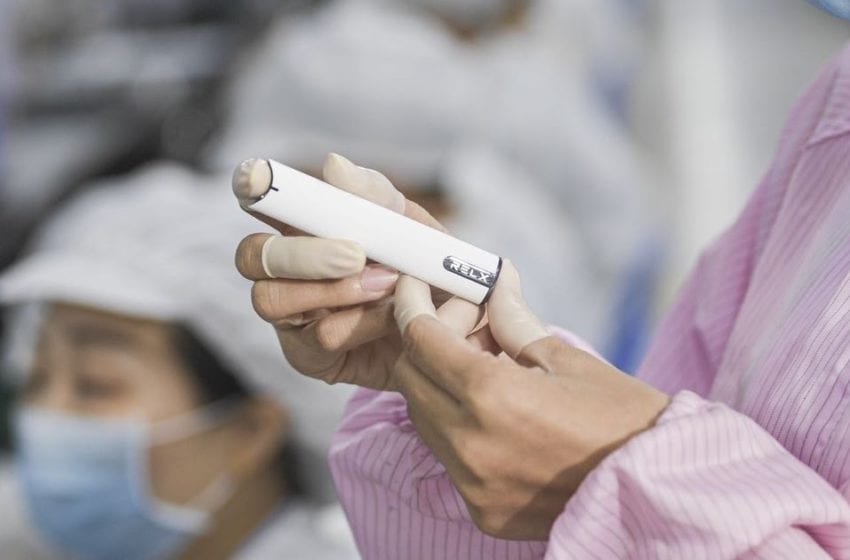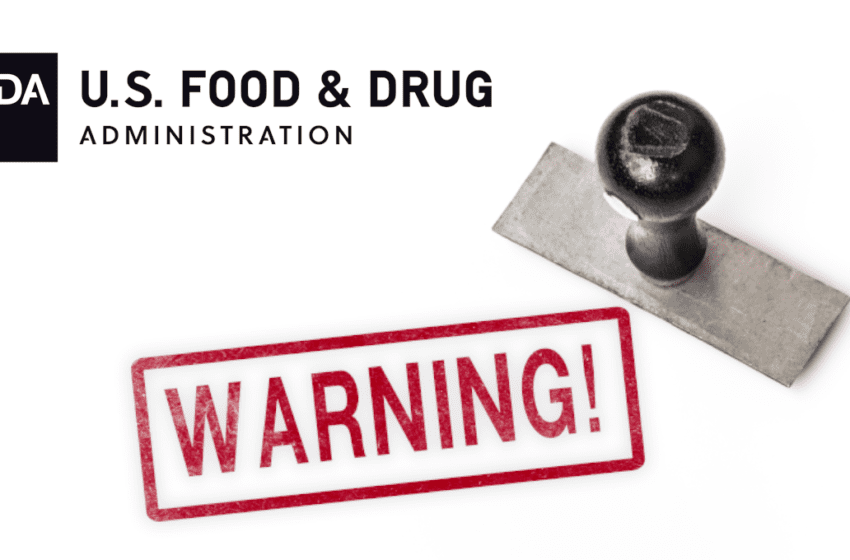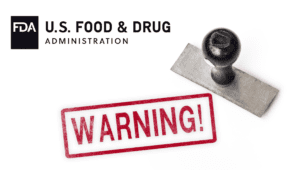Lawmaker’s bill to stop Montana communities from enacting local ordinances or resolutions to prohibit the sale of any vaping products or alternative nicotine products saw support last week from vape shop owners and opposition from public heath advocates and educators.
Senate Bill 398 is carried by Republican Sen. Jason Ellsworth. He told the Senate Business, Labor, and Economic Affairs Committee vaping products are legal and should not be banned, according to the Independent Record. “The one thing they cannot do is ban it in totality. It’s a legal product. It should not be banned, but of course they can put sideboards on it,” Ellsworth said.
Under the bill, a local government could enact a “reasonable” ordinance or resolution related to the sale of vaping products. While the bill does not define “reasonable,” Ellsworth said to his thinking that could mean something like keeping products out of reach of children in stores or not allowing vaping in restaurants.
Rep. Ron Marshall, a Republican from Hamilton, spoke in support of the bill. Marshall is co-owner of a vaping store. Earlier this session he brought a bill that would have barred a local government or the state Department of Public Health and Human Services from creating or continuing a regulation, ordinance or restriction related to vaping products.
Reports for the period that include when Ellsworth’s bill was introduced aren’t due yet. At the state level, the Montana Department of Public Health and Human Services proposed to ban flavored vaping products in 2020 over concern that flavors targeted children. Ellsworth was a leader in a push from GOP lawmakers to oppose the ban, which the department eventually dropped.
After passing the House in February, Marshall’s bill was voted down in the Senate Business, Labor, and Economic Affairs Committee in mid-March. Marshall told the same committee Tuesday in support of Ellsworth’s bill that bans on things like flavored vaping products would hurt businesses like his. He also said local governments shouldn’t have power to create ordinances on vaping products.




